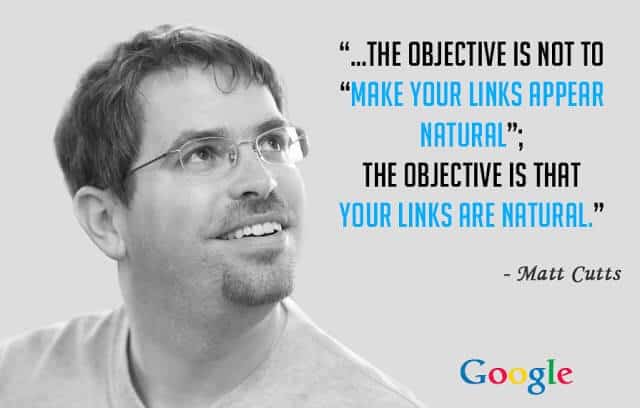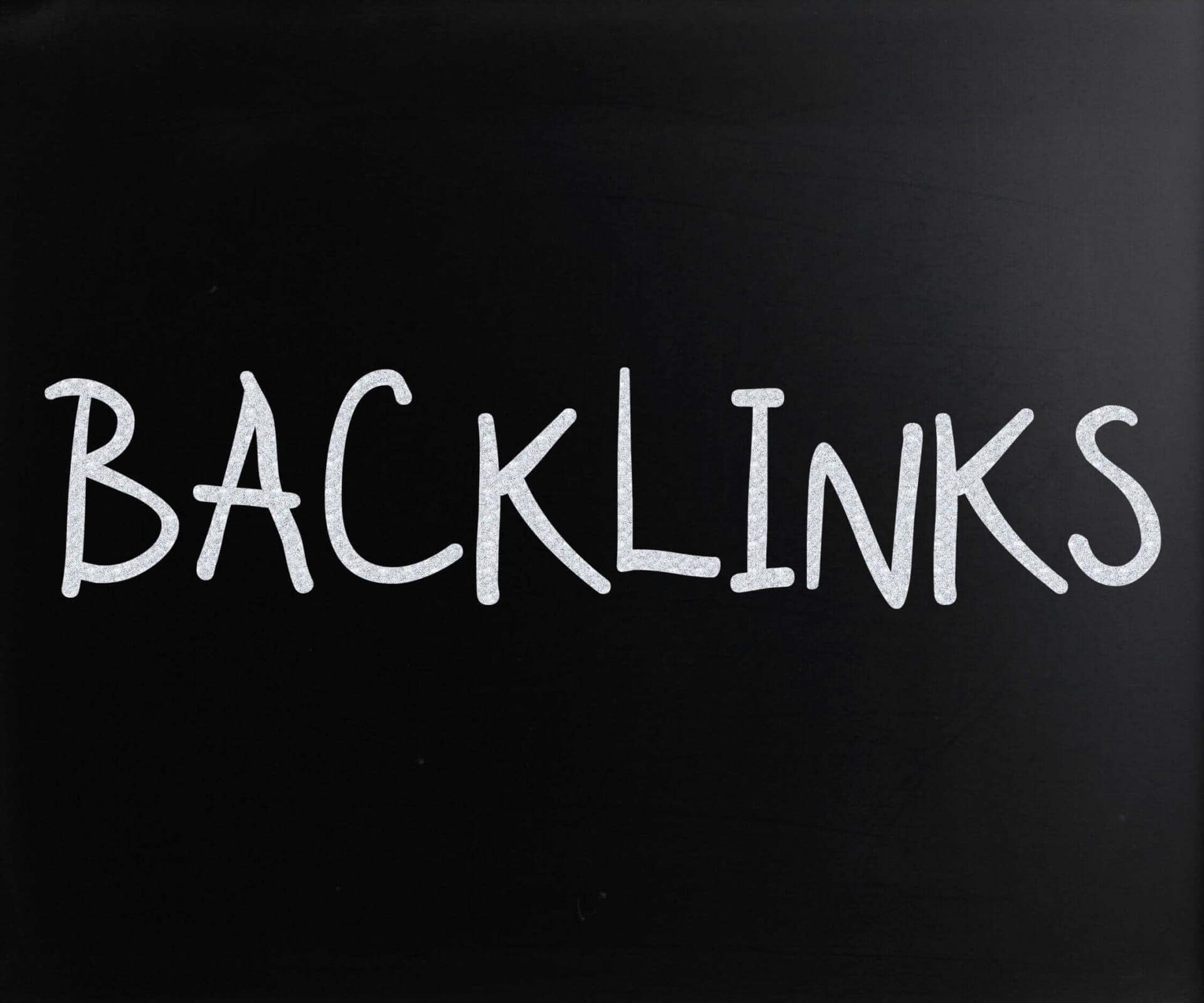
Let’s face it: search engine optimization is simple in theory, but it’s a daunting challenge to accomplish for any business. Google’s Panda and Penguin updates don’t make the SEO landscape any easier, adding new factors into search results. One of the most pressing myths surrounding these algorithm updates is that “link building is dead.” This couldn’t be farther from the truth.
The problem, however, is that businesses and marketers often make the mistake of link spamming instead of link building. While the difference between the two might seem obvious, the reality is that only a hairline separates link spamming from link building. Tilt one way and you’ll build a solid foundation for strong search rankings; tilt too far the other way and search engines will punish you. How do successful businesses strike the right balance to fully optimize their link building efforts?

Here are seven things every business needs to know about link building and how to successfully incorporate such a strategy:
- There’s no secret number. Yes, you still need links to achieve high search rankings, but we don’t know how many links you’ll need. One hundred? Fifty? Ten? Every business has their own “magic number” of links, and it’s impossible to know what that number is until you discover it. Since there’s no one-size-fits-all solution for SEO; the number of links will differ from business to business. Factors such as your own site, your competitors’ strategies, and Google’s latest algorithm will determine the number of links you need to make an impact.
- Content marketing is not link building. “Content is king” is the new buzz phrase permeating the digital marketing industry. Unfortunately, numerous marketers make the mistake of conflating content marketing with link building. Yes, you can use content marketing to build links, but they are not the same thing. Rather, content marketing is focused on creating value for your prospective clients (content worth sharing). If your content naturally calls for embedded links, so be it, but you should never write “filler” content for the sake of link building.
- Link building is like politics. Similar to the adage, “It’s not what you know, it’s who you know,” link building is all about getting quality referrals. Think of every inbound link as a referral – or a vote. The more quality backlinks you have, the more Google and other search engines realize that your content is popular, valuable, or worth reading. Your number of links is akin to the number of endorsements a politician receives. The more links, the more valuable your site is perceived.
- Anchor text matters. “Click here” and “view more” are some of the most common anchor text phrases that appear unnatural and signal poor content. Instead, marketers and businesses must be creative with anchor text, incorporating keywords whenever possible. To avoid keyword stuffing, keyword variations should also be used as anchor text. Don’t over-optimize anchor text, as you want it to look natural, not spammy.
- Know what to avoid. Too many cash-strapped and time-crunched businesses attempt DIY SEO practices in-house. While some businesses succeed at their own link building campaigns, it’s difficult to understand the intricacies that contribute to a number 1 ranking. The biggest blunders to avoid are directory backlinks and link schemes, both of which are obsolete in the wake of Google’s latest algorithm updates.
- Link building is like exercise. What happens if you stop going to the gym? You lose muscle definition, gain weight, and lose the body you worked so hard to achieve. Similarly, if you stop link building, your rankings will drop. Link building is a consistent and continual process that expands your web presence. Like achieving your “beach body,” it’s easier to maintain high rankings than to get them, but consistency is key.
- Link building creates business opportunities. Have you reached out to bloggers who have shared, mentioned your business, or previously linked to your content? Aside from increasing your web presence, link building is an incredible opportunity to create meaningful business relationships with key influencers in your industry.
By keeping these seven tips in mind, you’ll ensure your link building efforts are efficient and effective, not spammy. It takes hard, strategic work to achieve the search results you want and need, but it’s worth the fight! Each link builds upon your previous successes for the greatest search engine optimization possible for the specific industry in which you operate.
How many of these tips are you currently using? Have your link building efforts proved successful for your business?




